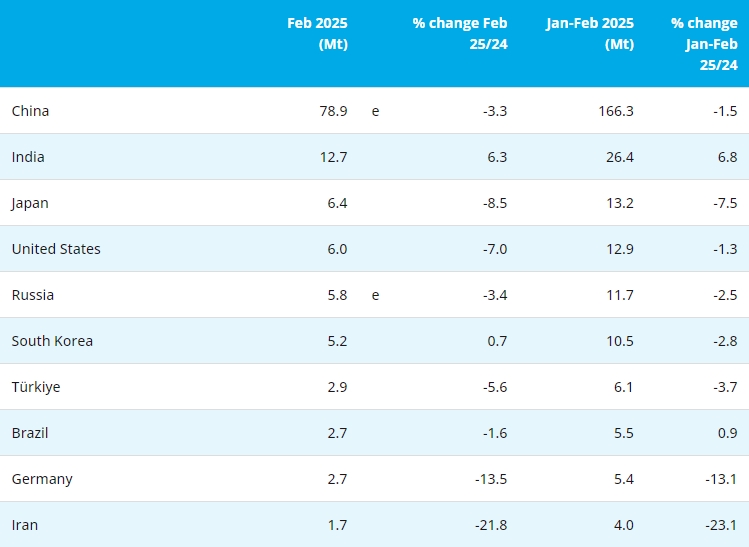Ferro-alloys.com:According to data from Marine Benchmark, a maritime data provider, due to the new crown pneumonia epidemic affecting maritime trade in 2020, the global shipping industry's carbon dioxide emissions decreased by 1% last year.
Among them, the emissions of container transportation among the three major ship types decreased by 2.4%, offsetting part of the increase in bulk and oil transportation. Therefore, the carbon dioxide emissions of the three major ship types of tanker transportation, bulk cargo transportation and container transportation were reduced by 2.4%. The actual increase was 1.2%.
In 2020, the cruise sector, which accounts for a relatively small share of carbon emissions, will be reversed: cruise ship carbon emissions have shrunk significantly, down 45%. The ferry, ro-ro and car ship sectors also experienced sharp declines.
Marine Benchmark CEO Torbjorn Rydbergh pointed out: "The overall reduction in carbon emissions affected by the epidemic last year, but with the recovery of global demand, shipping activities are expected to increase in 2021, so the decline in emissions may be temporary."
The Gothenburg-based company said that the carbon dioxide emissions of ships are calculated based on the carbon content of the fuel consumed. The carbon content of marine heavy oil is about 86%, which means that every ton of fuel consumed will produce about 3.15 tons of carbon dioxide.
- [Editor:zhaozihao]



 Save
Save Print
Print Daily News
Daily News Research
Research Magazine
Magazine Company Database
Company Database Customized Database
Customized Database Conferences
Conferences Advertisement
Advertisement Trade
Trade














 Online inquiry
Online inquiry Contact
Contact

Tell Us What You Think